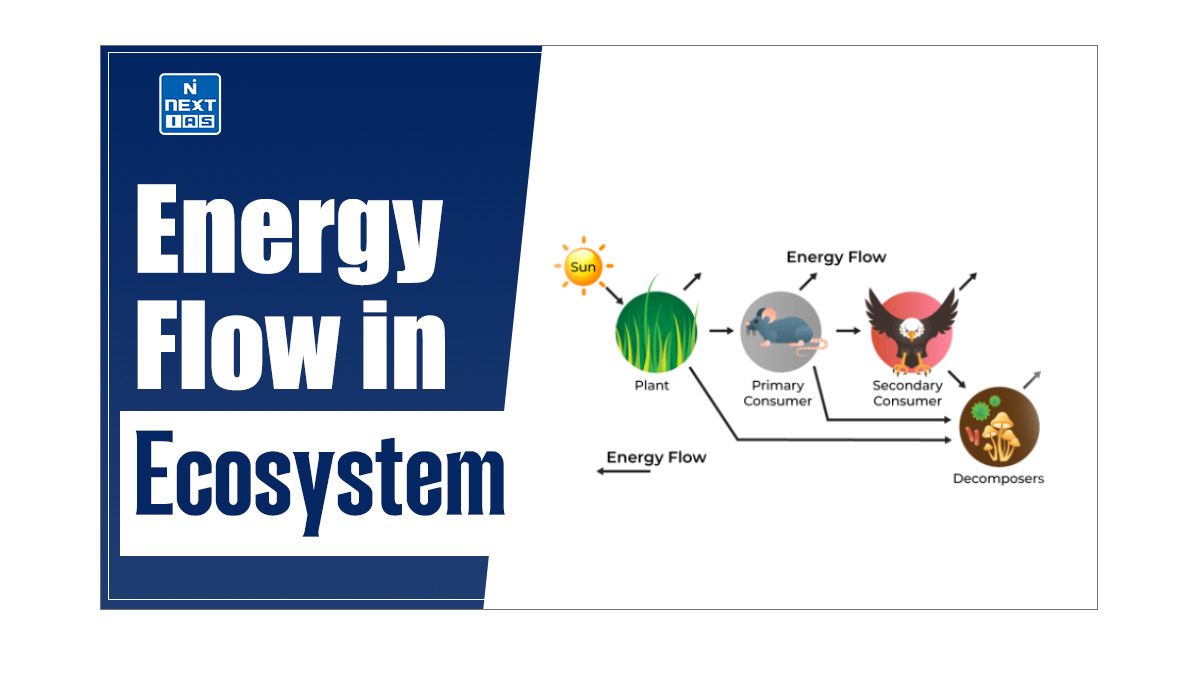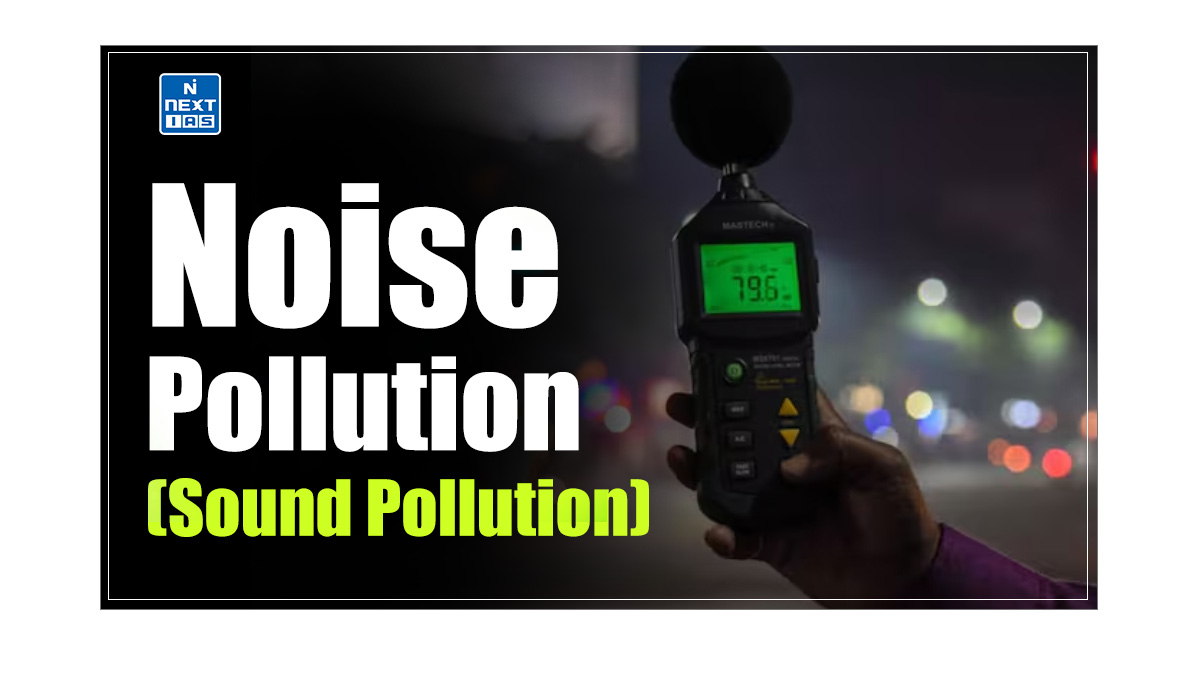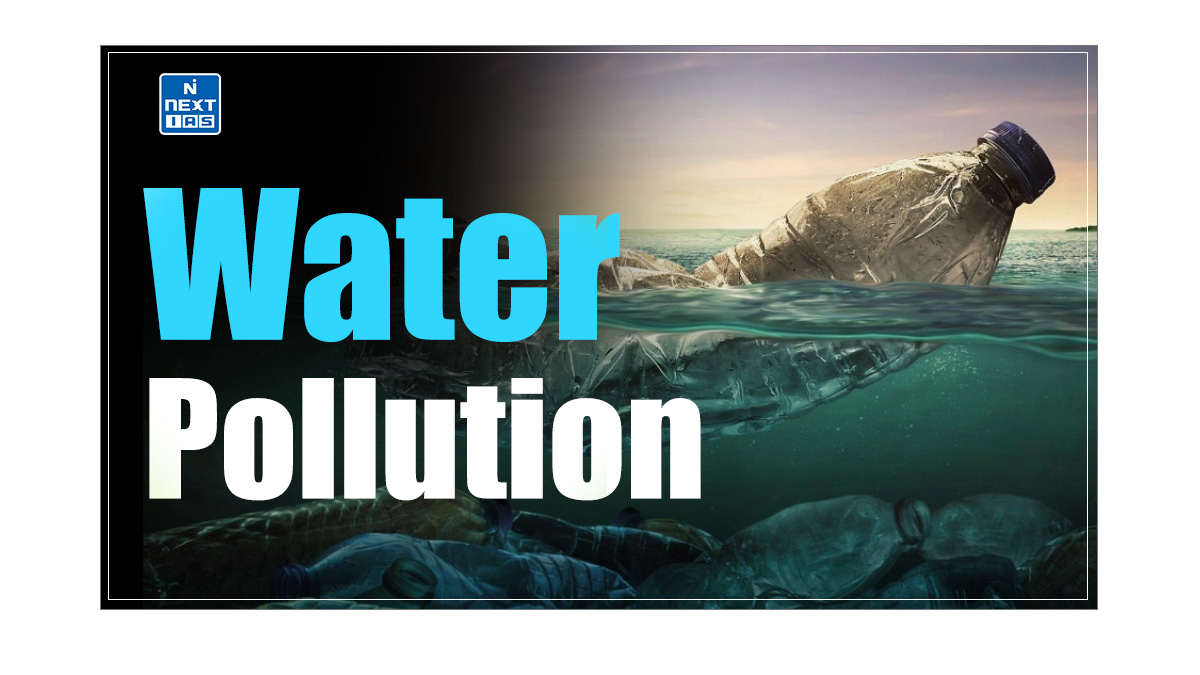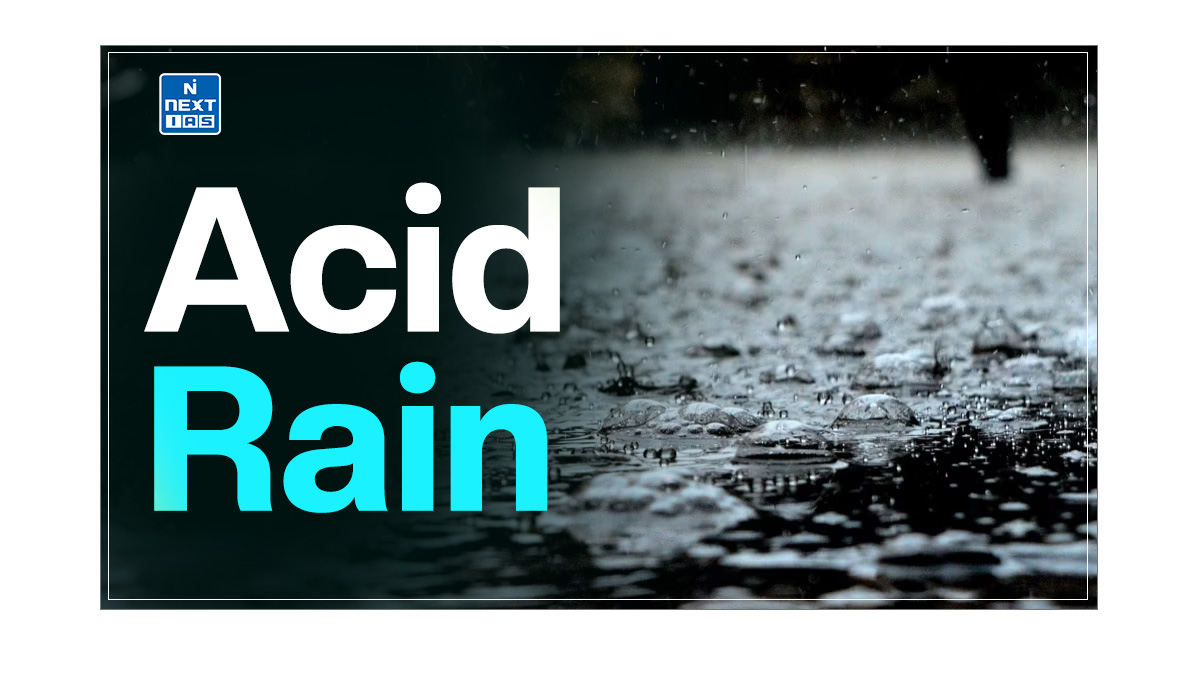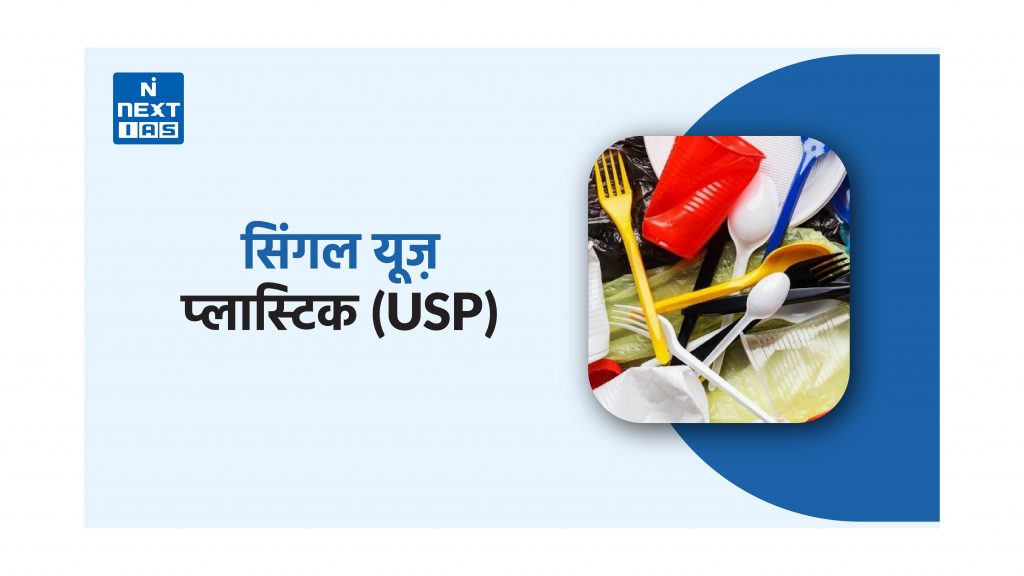
Single-Use Plastics are items used once and then thrown away or recycled, like plastic bags, straws, bottles, and food packaging. About half of all plastics used are single-use. Every year, around 380 million tons of plastic are produced, and half of it is disposable.
Unfortunately, recycling rates are low plastic that ends up in the ocean harms marine life and can be toxic. These harmful chemicals can also enter our food and water, causing health issues.
Negative Effects of SUP
Single-use plastic pollution has significant negative effects on the environment, wildlife and human health. Some of these impacts include:
- Health Risks: Some single-use plastics contain harmful chemicals like BPA and phthalates, which can leach into food and beverages, potentially causing health issues, especially when plastics are used for heating or storing food.
- Climate Change: The production and disposal of SUPs contribute to greenhouse gas emissions, adding to the problem of climate change.
- Microplastics in Food: Microplastics that contaminate water sources and marine life can eventually enter the human food chain, raising concerns about potential health risks.
- Impact on Tourism: Pollution from SUPs can damage tourist destinations and reduce tourism revenue, affecting local economies.
- Waste Management Challenges: The sheer volume of single-use plastic waste overwhelms waste management systems, leading to inadequate disposal and recycling, and ultimately contributing to pollution.
Read our detailed article on Waste Management in India.
- Environmental Degradation: Single-use plastics, such as bags and bottles, take hundreds of years to decompose. They accumulate in landfills, water bodies, and natural environments, contributing to pollution and degrading the ecosystem.
- Harm to Marine Life: Many marine animals mistake plastic for food and ingest it, leading to choking, digestive issues, and starvation. Plastic debris also entangles marine species like turtles, seabirds, and marine mammals, causing injuries or even death.
- Water Pollution: Single-use plastics can break down into microplastics, which are tiny particles that contaminate water sources. These microplastics can enter the food chain and eventually harm human health.
- Land Pollution: Improper disposal of SUPs results in the littering of public spaces and landscapes, creating an unsightly and hazardous environment for both humans and animals.
- Economic Impact: Cleaning up single-use plastic pollution and dealing with its consequences pose significant costs to local communities, municipalities, and governments.
Ban on Single-Use Plastics in India
The Plastic Waste Management Rules, 2016, with amendments, set guidelines for enforcing rules, including banning certain SUPs. Starting from July 1, 2022, the following items have been prohibited due to their low utility and high littering potential:
- Plastic earbuds with sticks
- Plastic sticks for balloons
- Plastic flags
- Candy sticks
- Ice-cream sticks
- Polystyrene (Thermocol) for decoration
- Plates, cups, glasses, cutlery (forks, spoons, knives, straws, trays)
- Plastic films around sweet boxes, invitation cards, and cigarette packets
- Plastic or PVC banners less than 100 microns
- Stirrers
Additionally, there are restrictions on the thickness of plastic carry bags.
To enforce the ban and manage plastic waste better, several measures have been taken:
- Special Task Forces were formed in all states and union territories to eliminate single-use plastics and manage plastic waste.
- A National Level Taskforce was established to coordinate efforts nationwide.
- Directions were issued to stop supplying plastic raw materials for banned items, revoke the licenses of banned plastic producers, and halt the import of banned items.
- Online platforms were created for monitoring and grievance redressal.
- Enforcement campaigns were carried out across India.
- Assistance and awareness programs were provided to MSMEs for transitioning to eco-friendly alternatives.
During enforcement campaigns, penalties and seizures were imposed on non-compliant establishments and manufacturers. Producers, importers, and brand owners of banned single-use plastic items were not allowed registration on the centralized EPR portal for plastic packaging.
Limiting Single-Use Plastic (SUP) Pollution
Limiting Single-Use Plastic (SUP) pollution requires a combination of individual actions, government policies, and corporate initiatives. Here are some effective steps to address SUP pollution:
- Choose Reusable Alternatives: Use items that can be used multiple times, like cloth shopping bags, stainless steel bottles, and silicone menstrual cups. This helps reduce waste and can even save money in the long run.
- Reuse When Possible: If you can’t avoid using single-use plastics, try to reuse them a few times before throwing them away. Durable single-use items like plastic bags and cups can be used again.
- Design for Sustainability: Products should be designed to be lightweight, durable, and made with renewable materials. They should also be recyclable or disposed of in an eco-friendly way when they can no longer be used.
- Consider Context: Different areas have different needs and resources. Policymakers should think about the local situation, like waste management systems, before implementing alternatives to SUPs.
- Prioritize Reusable Options: Shifting to reusable products and improving recycling and waste management should be a priority. In places with litter problems, it’s better to avoid using lightweight products that might end up as litter.
- Encourage Innovation: Invest in research and development of sustainable alternatives to single-use plastics, such as biodegradable materials or compostable packaging.
- Raise Awareness: Run public campaigns to educate people about the harmful impacts of SUP pollution and motivate them to adopt eco-friendly practices.
- Engage Businesses: Encourage businesses to adopt plastic-free initiatives and offer incentives for sustainable packaging and practices.
- Clean-Up Efforts: Organize regular clean-up drives in coastal areas and public spaces to remove plastic waste and prevent it from entering the oceans.
- Support Local Initiatives: Encourage and support local communities and NGOs working to reduce plastic pollution and promote sustainable practices.
- Implement Bans and Regulations: Governments can enact laws to ban or restrict the production and use of certain single-use plastic items like bags, straws, and cutlery.
- Support Extended Producer Responsibility (EPR): Hold manufacturers responsible for the end-of-life management of their plastic products, encouraging them to design eco-friendly packaging and recycling programs.
- International Cooperation: Encourage international cooperation to address the global nature of plastic pollution, as many plastics travel long distances before entering the oceans.
Conclusion
Single-use plastic products like bags and bottles might be convenient, but they harm the environment and our health. They end up as litter or release harmful particles called microplastics. To reduce these negative effects, individuals, industries, and governments should work together. We can cut down on single-use plastic, improve recycling, and promote eco-friendly alternatives.
Raising awareness is vital for encouraging positive changes. By making small changes and choosing sustainable options, we can all help reduce plastic waste and create a cleaner, healthier world. Eliminating single-use plastics is just one step in protecting the environment.
Frequently Asked Questions (FAQs)
What are the examples of single-use plastics?
The examples of Single Use Plastics (SUPs) are plastic bags, straws, cutlery, water bottles and Styrofoam cups.
Which single-use plastics are banned?
Certain places have banned single-use plastics like plastic bags, straws, and Styrofoam to reduce pollution and waste.
Why is single-use plastic a problem?
Single-use plastic is a problem because it takes hundreds of years to break down, harming wildlife, polluting oceans, and posing a significant threat to the environment.
Why has India banned single-use plastic?
India banned single-use plastic to address environmental issues and promote sustainable practices, aiming to protect the country’s ecosystems and reduce plastic waste.
How can we reduce single-use plastic?
To reduce single-use plastic, we can choose reusable alternatives, practice proper recycling, support eco-friendly policies, and raise awareness about its harmful impact on the environment.

